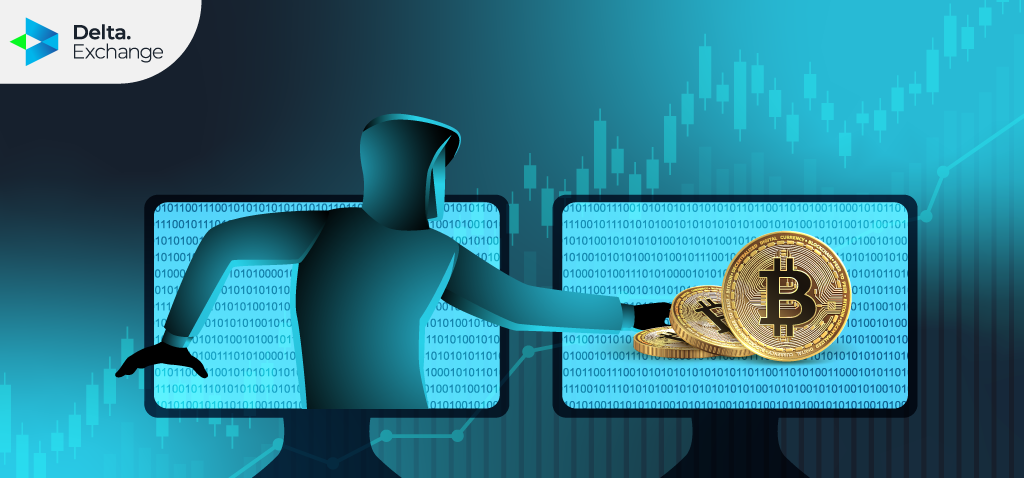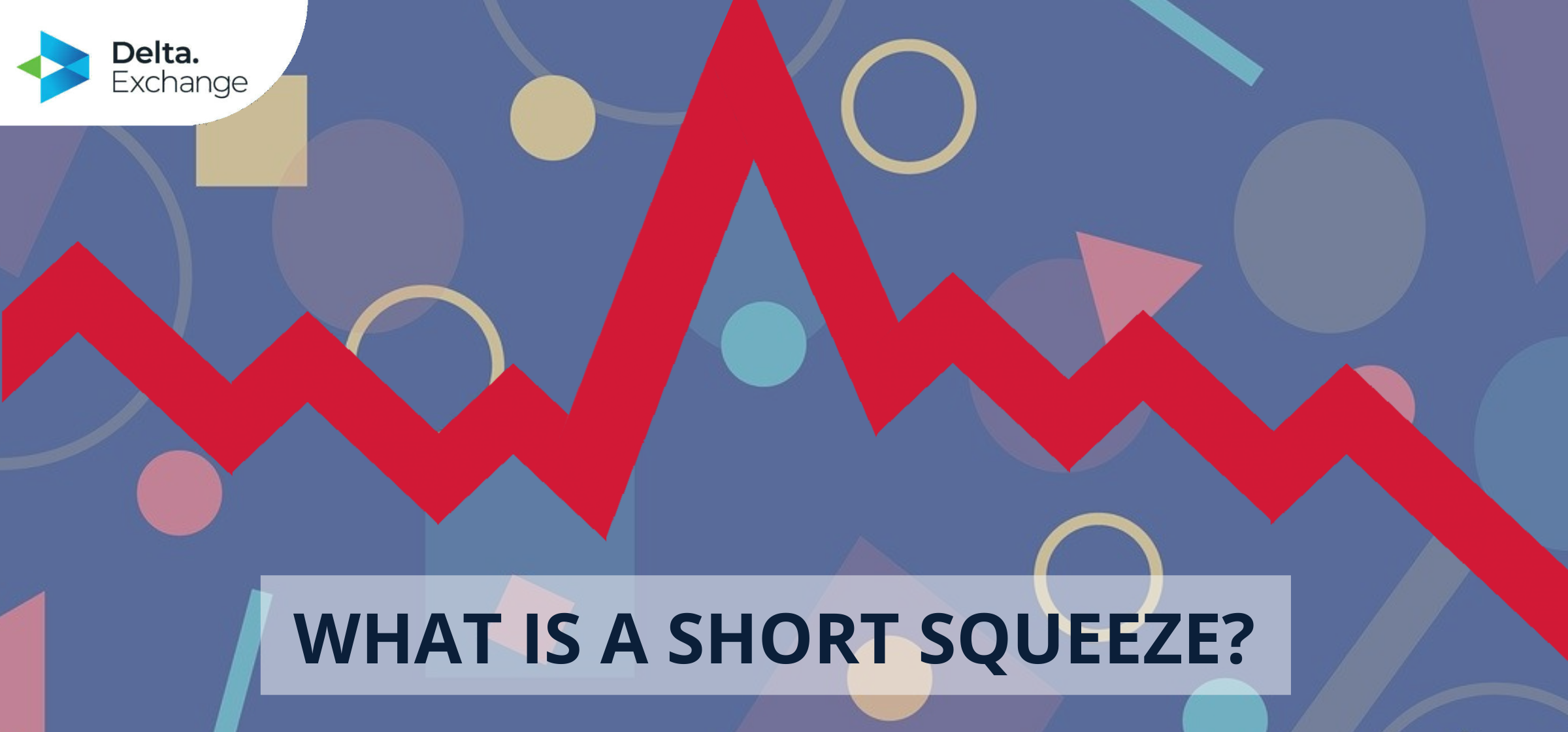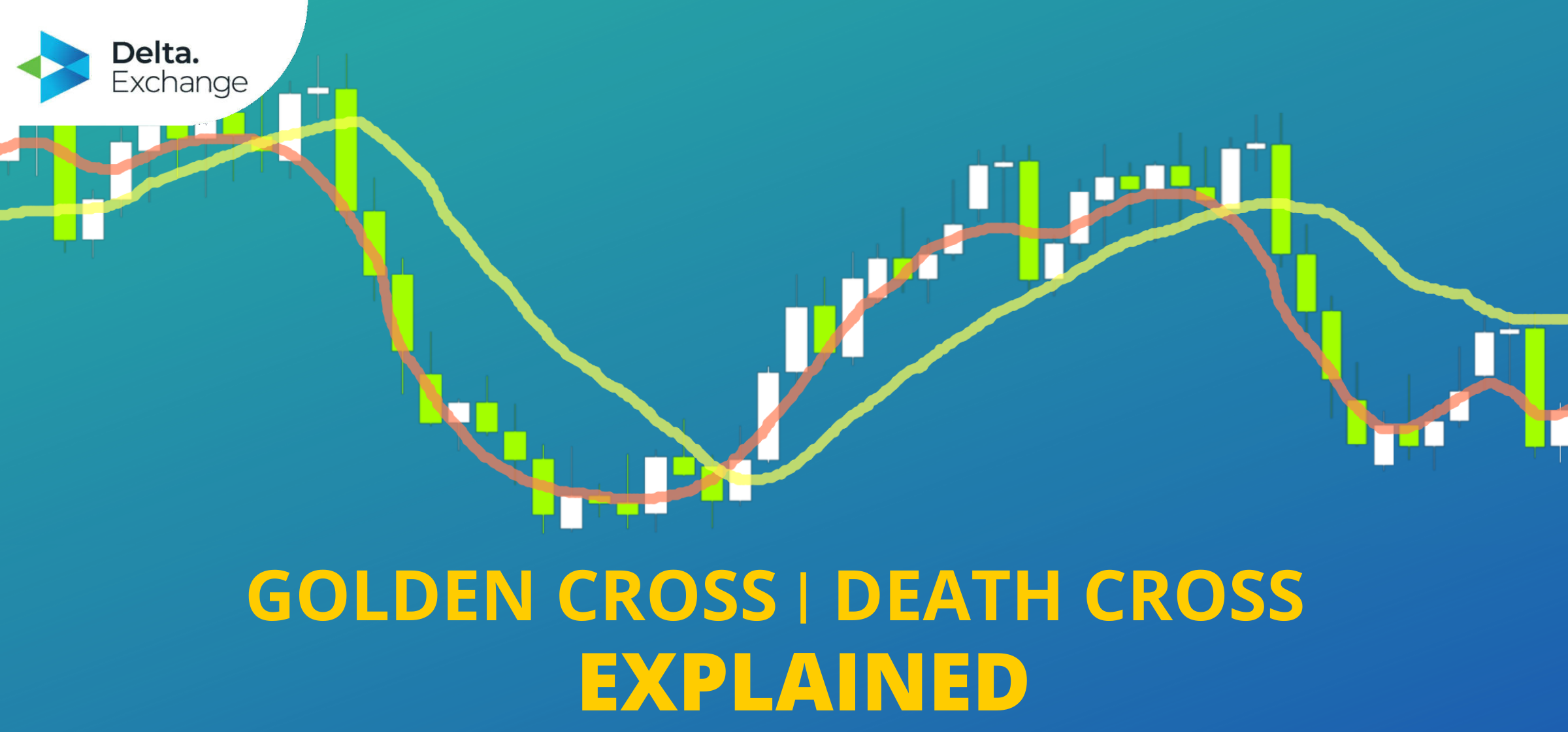Educational
August 12, 2021
What is Spoofing
Shubham GoyalProduct Specialist
We’ve all likely heard of the term “market manipulation” at least once. While it’s easy to get a vague understanding of the concept by deriving its literal meaning, one may wonder what exactly it is. For the uninitiated, market manipulation is a practice where someone artificially affects the supply or demand for a security or influences market behaviour for personal gains.
Spoofing is one such technique of market manipulation in which traders put forth bids and offers for futures contracts, only to be canceled before the transaction is completed, thereby creating a misleading picture of demand or market pessimism. The practice of spoofing, simply put, consists of placing numerous buy or sell orders with the intention of canceling them before they are executed. Traders then take advantage of the false sentiment that is thus created as they are able to manipulate the actions of other market participants, change the price of an asset, and make illegal profits.
In most cases, traders may also choose to combine spoofing with “wash sells and buys,” a practice where they buy and sell their own orders for little to zero profit or loss. The purpose of spoofing often varies according to the strategy of an investor. Sometimes, it may be conducted to drive the price of an asset up or down, while other times, it may be done to create volatility in the short term in an attempt to make money around a current price. More often than not, the goal is to create a suitable environment for the manipulator to buy or sell.
History of spoofing
The truth is, spoofing or even other market manipulation techniques are nothing new. For several decades now, traders have been attempting to take advantage of other market participants by artificially inflating or deflating the price of an asset. The technique, however, gained increased notoriety in the 2010s as a result of the introduction of fast, high-volume, and computer-driven trading platforms.
Traders have traditionally used bluffs to forecast price changes; the only difference now is that they are no longer standing face to face on trading floors, buying and selling with hand signals. They now watch numbers on a computer screen, and it is no secret that it is relatively easy to flood markets with fake orders using computers.
Is spoofing legal
The practice of spoofing is illegal in most countries. The main reason spoofing is not encouraged is because a trader might have been unable to achieve the price on the actual order without first obtaining it by means of a large bogus order.
In the United States, spoofing is a specific criminal and civil offense, and other elements of the securities laws can be utilized to punish spoofing-like behavior. On the other hand, in the United Kingdom, spoofing is not a criminal offense. While there are no particular anti-spoofing provisions in the law, spoofing is typically considered a kind of market manipulation that can result in civil or criminal responsibility.
Spoofing in the cryptocurrency market
Without question, one of the most prominent characteristics of most cryptocurrencies is their volatility and frequent price fluctuations. Bitcoin, the world’s first and most popular cryptocurrency, is the best example of this, with its prices fluctuating every day.
The dramatic fluctuations that define cryptocurrencies have given rise to opportunities for fraudulent activities including the creation of bogus orders in an attempt to affect and manipulate the price of a cryptocurrency. More often than not, such spoofing or market manipulation strategies are primarily employed by big whales and algorithms who want to manipulate the market for personal advantage.
Thanks to the development of trading algorithms and exchange APIs, much of the spoofing done in crypto markets today is carried out using bots built to communicate with exchanges and place orders.
That being said, it’s also crucial to remember that spoofing in crypto markets isn’t necessarily about manipulating the coin. It could be about the price of that coin in relation to Bitcoin, or it could be about price differences between exchanges. For instance, a coin might be cheaper on one exchange, hence, what appears to be spoofing might actually be arbitrage. Spoofing may also be used to defend against individuals attempting to crash the value of a currency.
Conclusion – Protect yourselves from spoofing
Given how spoofing may often be confused with other activities such as arbitrage, it is pretty difficult to protect oneself from spoofing. However, having preventive measures in place is significant to a large extent. Given how spoofing is a strictly short-term strategy, one of the best ways to avoid it is to consider long-term investments and avoiding day trading. Another way one can protect themselves from being a victim of manipulation is to avoid trading on suspicious platforms.
Even the most diligent investors, especially in the world of digital currencies, can fall victim to price manipulation. As a result, it’s critical to exercise caution at all times. Delta Exchange is a safe and trusted crypto derivatives exchange that employs enterprise-grade multi-factor security for digital assets, thereby providing increased safety and reliability for investors.
FuturesTrade Futures & Perpetual Swaps on 25+ crypto assets, with up to 100x leverage
OptionsTrade call, put or MOVE options on BTC, ETH, BNB and LINK
Interest Rate SwapsInterest rate derivatives that enable swap of fixed-floating rates
Mock Trading PlatformLearn Crypto Derivatives trading without risking real capital
Research & AnalyticsExclusive data, charts and analytics to help you trade smarter













